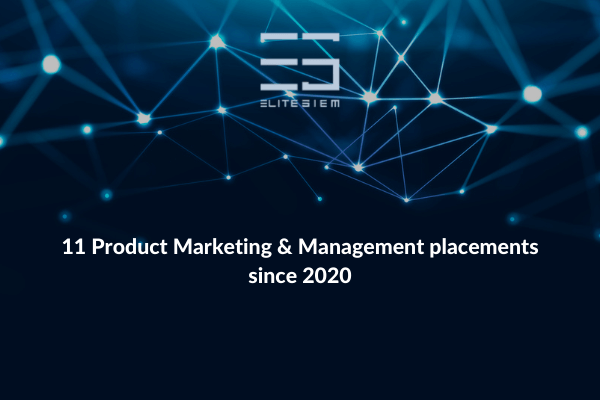Fintech, Blockchain and Payments
Specialists
in our niche
Fintech is a portmanteau for “financial technology.” It’s a catch-all term for technology used to augment, streamline, digitalize or disrupt traditional financial services.
Fintech refers to software, algorithms, and applications for both desktop and mobile. In some cases, it includes hardware, too—like internet-connected piggy banks. Fintech platforms enable run-of-the-mill tasks like depositing checks, moving money between accounts, paying bills, or applying for financial aid. They also facilitate technically intricate concepts, including peer-to-peer lending and crypto exchanges.
Businesses rely upon fintech for payment processing, e-commerce transactions, accounting and, more recently, help with government-assistance efforts like the payroll protection programme. In the wake of the Covid-19 pandemic, more and more businesses are turning to fintech to accept contactless payments or adopt other tech-fuelled advancements.
Of all the technologies that have impacted financial services, the distributed ledger technology that underlies blockchains and makes cryptocurrencies possible is arguably the most significant. But lower-profile emerging technologies may be even bigger influences down the road. Some of the most intriguing include:
- Internet of Things. ATMs that can detect how many customers are in line are a good example of this, as are sensors that enable contactless transactions.
- Augmented reality and virtual reality. Virtual stock trading is one potential use for these still-emerging technologies.
- Smart contracts. Contracts that can automatically execute when certain conditions are met can improve security, increase efficiency, and lower the cost of transactions.
- Bots. Also known as robotic process automation, these programs to automate repetitive tasks can free up humans from routine work, enabling them to focus on more valuable activities.
- Voice-enabled payments. Smartphones with voice recognition software let people check balances, transfer money and complete purchases simply by speaking.
Vendors are always looking to find A players who can add real value in developing product strategy, product management and product marketing of cyber security offerings. Strong PM professionals will be face off with customers, colleagues and industry experts to ascertain market needs and develop a roadmap for the company's product portfolio which could be SIEM, SOAR, MDR or XDR etc. Using the product roadmap to plan new project activities and coordinate product development with engineering team, they will be developing and disseminating product features to some of the leading Fortune 50.

Case study
In 2022 we are continuing our partnership with a nex-generation SIEM vendor working closely with their SVP and we placed 1 Director of Product Management in the US in under a month.
Last year we have also supported a Top 4 MQ SIEM Vendor based in the US and placed a Head of Product Marketing professional. Within the same Quarter we then placed a Marketing Specialist for the same hiring manager.

